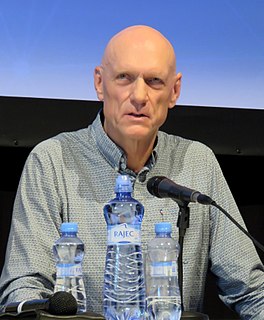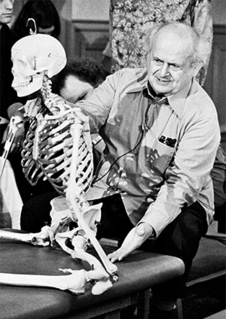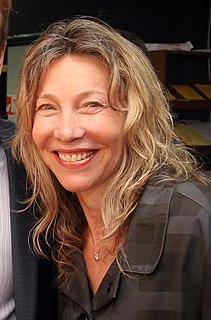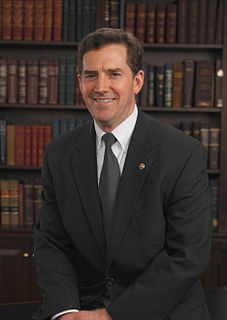A Quote by Peter Garrett
Humans remain entirely atmosphere dependent, so there is no choice but to respond to extreme climatic behaviour and its many effects.
Related Quotes
It occurred to me that when a person chooses certain behaviors, they have complete, 100% control over their choices. But once the behavior is chosen, therein lies the extent of the effects of that choice. One has 0% control over what happens to them or to their body as a result of that choice. You can choose how you respond to the consequences, but control is relinquished. Choose carefully!
Psychologism is, I believe, correct only in so far as it insists upon what may be called 'methodological individualism' as opposed to 'methodological collectivism'; it rightly insists that the 'behaviour' and the 'actions' of collectives, such as states or social groups, must be reduced to the behaviour and to the actions of human individuals. But the belief that the choice of such an individualist method implies the choice of a psychological method is mistaken.
Human use of fossil fuels is altering the chemistry of the atmosphere; oceans are polluted and depleted of fish; 80 per cent of Earth's forests are heavily impacted or gone yet their destruction continues. An estimated 50,000 species are driven to extinction each year. We dump millions of tonnes of chemicals, most untested for their biological effects, and many highly toxic, into air, water and soil. We have created an ecological holocaust. Our very health and survival are at stake, yet we act as if we have plenty of time to respond.
Some of the most intriguing new research is in the area of extreme weather events and rainfall. A recent study by German scientists published in Climatic Change projects that extreme precipitation will increase significantly in regions that are already experiencing extreme rainfall. Man-made global warming has already increased the moisture content of the air worldwide, causing bigger downpours. Each additional degree of temperature increase causes another seven percent increase in moisture in the air, and even larger downpours when storm conditions trigger heavy rains and snows.
The statement, "The debt problem has become so extreme that we have no choice but to cut social spending" is presented as an objective assessment of our situation. But can you imagine a media commentator making the following assertion? "The debt problem has become so extreme that we have no choice but to raise taxes on the rich."




































